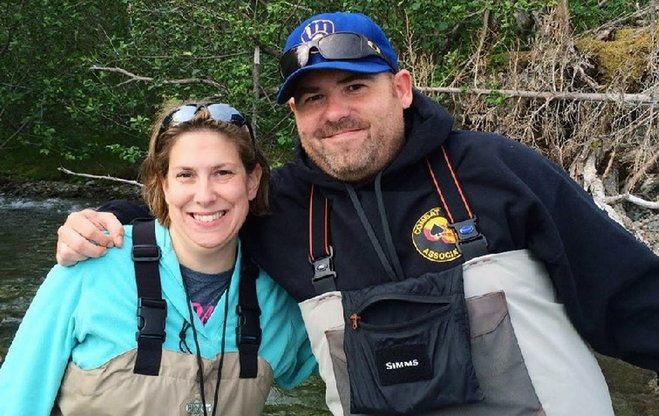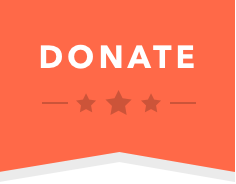
Photo Courtesy Of The Folkers
Cara Folkers is a military caregiver. Her husband, Tim, was injured while serving in Iraq.
Cara Folkers
Sept. 10, 2014
The attacks of Sept. 11, 2001, shook Americans to the core and changed our lives forever. The tragedy of that day could have defeated us but, instead, it united us and revived our national pride.
For many Americans, including my husband, Tim, Sept. 11 was a call to action. In our nation’s hour of need, our military men and women stood up and fought for our most precious gifts of safety and freedom. When they came home with lasting injuries, both visible and invisible, it became our duty and privilege to step up and take on the responsibilities of caregiving. From hands-on assistance with bathing, dressing, feeding and hygiene to verbal reminders and, in some cases, constant supervision, we’ve been proud to take care of our nation’s heroes.
I became a military caregiver when Tim returned home from Iraq. We moved to Fort Carson, Colo., and it was soon apparent that his time overseas had left lasting, haunting problems. My happy, laid-back, funny husband was often angry, depressed and distant. His days became a cycle of going to work, coming home and isolating himself in the backyard. Instead of getting better over time, the problems got worse. He began suffering from nightmares, flashbacks and memory issues. In 2007, Tim was diagnosed with post-traumatic stress disorder and a traumatic brain injury suffered during his Army service in Baghdad and Ramadi.
We moved around, naively thinking that once Tim was out of the service, he would improve. Through therapy, medication, love and support, he has made a lot of progress. However, each day is still challenging. I help Tim with everyday tasks such as keeping track of his appointments, making phone calls on his behalf and ensuring he takes his medications. I also help him cope with anxiety. I am a buffer between him and others when we are in public, as large crowds bother him, and I help calm him when something triggers him.
According to a 2014 RAND Corp. study, the 1.1 million post-9-11 military and veteran caregivers in our nation are the most susceptible to caregiving challenges. We care for men and women who will live with their injuries for decades. Our generation of veterans is more likely to be dealing with behavioral or psychological issues. And to make the situation even harder, too often we do not qualify for general caregiver support programs because many existing programs require the care recipient to be at least 60 years old, which excludes more than 80% of post-9-11 veterans.
As a caregiver, I found support through the Elizabeth Dole Foundation, an organization dedicated to strengthening our nation’s caregivers, and now proudly represent Wisconsin as an Elizabeth Dole Fellow.
Earlier this year, the foundation launched Hidden Heroes: the National Coalition for Military Caregivers, which spans public, private, nonprofit, labor, philanthropic and faith communities to support military and veteran caregivers. Additionally, just last month House Minority Leader Nancy Pelosi, Sens. Jack Reed and John McCain and Rep. Jeff Miller founded the bipartisan Hidden Heroes Congressional Caucus for Military and Veteran Caregivers to help address the problems brought to light by the foundation.
Today, I am asking for your help to support hidden heroes from Pewaukee to Superior and all across the country. Strong caregivers are the driving force behind strong, independent service men, women and veterans. By joining our coalition, helping a local caregiver
See the full story












Follow Us